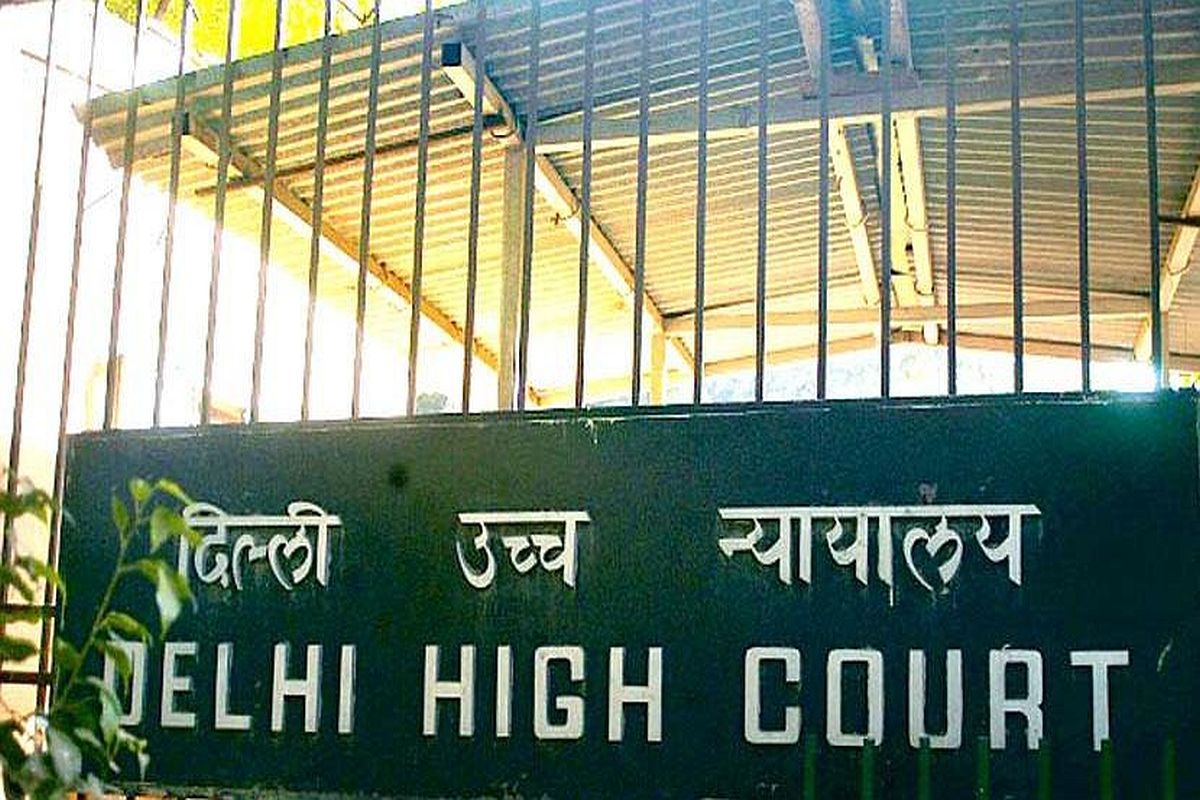Waqf Amendment Act has no retrospective effect: Kerala HC
The court held there is no retrospective effect for the insertion of Section 52A in 2013 in the Waqf Act.
“This is against the secularism, unity, and integrity of the nation as there is no similar laws for followers of other communities.”

Delhi High Court
A Public Interest Litigation (PIL) has been filed in the Delhi High Court on Saturday against the constitutional validity of various sections of the Waqf Act 1995.
The plea states that this act gives uncontrolled powers to the Waqf board as it grants special status to Waqf properties denying equal access to trusts, Mutts, Akharas, and societies.
Advertisement
It further states that this act violates Articles 14-15 of the constitution as it gives uncontrolled powers to Waqf Boards to register any property as Waqf property and there is no safeguard for other communities to protect their properties from inclusion in the list.
Advertisement
The petitioner Ashwini Kumar Upadhyay, practising lawyer and BJP leader through his petitions seek directions for the enactment of Uniform Law for trusts, charitable and religious institutions.
He said this is against the secularism, unity, and integrity of the nation as there is no similar laws for followers of other communities.
The plea further sought the issuance of direction that the dispute relating to religious properties shall be decided by the Civil Court only under Section 9 of the Civil Procedure Code 1908, and not by the Waqf Tribunal.
Advertisement